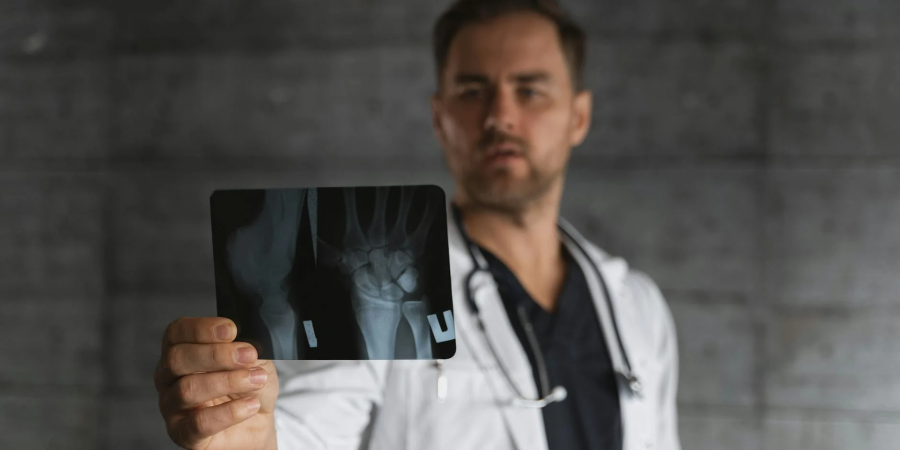

At a young age, we swiftly form friendships—like Wi-Fi connections in a coffee shop. As we grew older, we became reserved—more encrypted than a secret government server. In my early twenties, I started my working career in pharmaceutical marketing—because nothing screams "fun" like chasing doctors around town with a bag full of samples and hope.
This is the profession of young people—mainly because no one else has the knees or patience for it. Most of the time of the day, we used to spend chatting with colleagues—aka glorified gossip with a medical twist. Our customers, doctors, used to allot very little time for us—blink, and your appointment is over. Most of the time goes by waiting outside the doctor’s clinic—basically unpaid yoga in awkward postures.
Here, I form a friendship with Santanu. He was a short, petite boy with eyes full of dreams. My friend had a girlfriend. I spotted them a couple of times walking the lane with one hand in the other—like a Bollywood poster come to life, minus the background dancers. In the summer of 2009, my friend planned a tour to Darjeeling with his girlfriend and other friends. This was going to be his first tour to the hills. The excitement made him so generous that he volunteered ice cream to many friends—multiple flavours, no budget. With incentive in his pocket, there was no worry of money bothering him—he had the swagger of a man.
Everything was so rosy until his leave application was put on hold by his boss—who clearly took sadistic joy in crushing dreams. One afternoon, he met me with a sullen face—like a puppy who lost its chew toy. We do a lot of brainstorming over tea—our version of a corporate war room—and at last, an idea struck my mind. I spell out the plan to him, and he readily agreed—desperation and friendship make for dangerous allies. We sped our bike to the designated orthopaedic clinic—mission "Fracture for Freedom" was on. I had a good rapport with the assistant of the orthopaedic surgeon. The young assistant understood our predicament and helped us more than we expected—Oscar-worthy sympathy and creativity.
He gave us an X-ray report that confirms fracture in femur—an imaginary snap for a real escape. A prescription clearly mentioning bed rest of a fortnight—doctor’s orders for Darjeeling. To make the prescription look real, calcium and painkiller also been added—attention to detail, because fake fractures need real meds.
With report and prescription in hand, the notorious boss also failed to block his leave—instead it got extended from a week to fifteen days—a fake fracture turned full-blown vacation. Although the timing of the accident raised suspicion in the mind of his superior—who clearly moonlighted as Sherlock Holmes.
In the next few weeks, my friend did not contact me, neither I disturbed him. It was almost a month passed by, when we met again in a doctor’s chamber—karma’s waiting room. My friend was sandwiched between two of his hierarchy—like a guilty patty between angry buns. His facial expression was like a fish out of water—flapping, gasping, full panic mode. I sat in vicinity of them and silently listened to them—my ears working harder than my eyes. What I make out of their chat, is that my friend has been caught red-handed—like a thief in a pharmacy. His boss was smarter than us—he used his contacts to unearth the truth—Mission Darjeeling: Busted. Facing a ruthless enquiry, my friend acknowledged his mischief—one broken lie, many broken dreams.
A year after that incident, another friend of mine approached me with same kind of problem—apparently, I’d become the unofficial dean of fake leave applications—only this time he wants leave for higher education. I learnt from my earlier experience, this time opt for jaundice over femur fracture—because fake bones break easy, but jaundice gets sympathy and immunity from follow-up check-ups.
